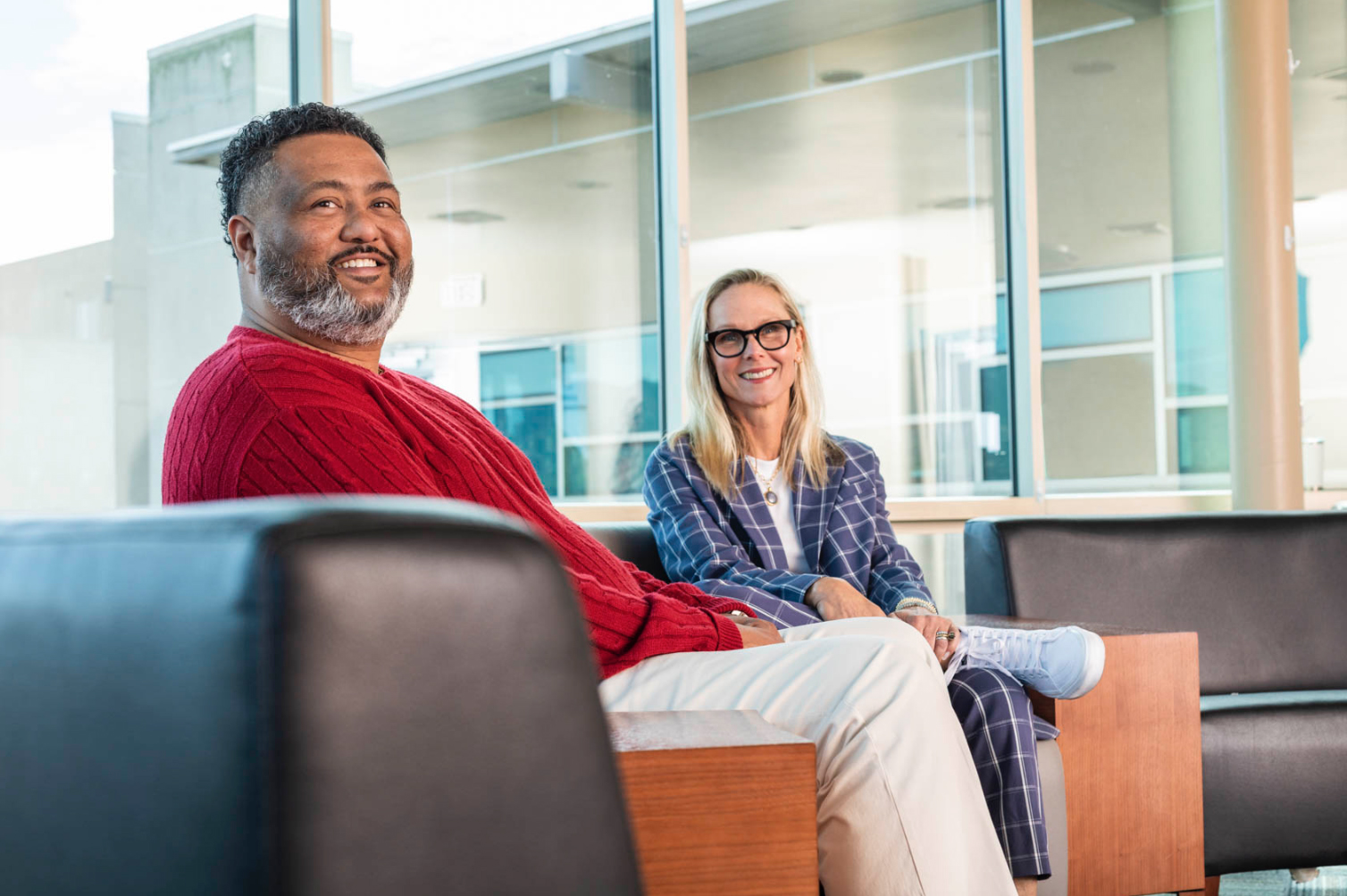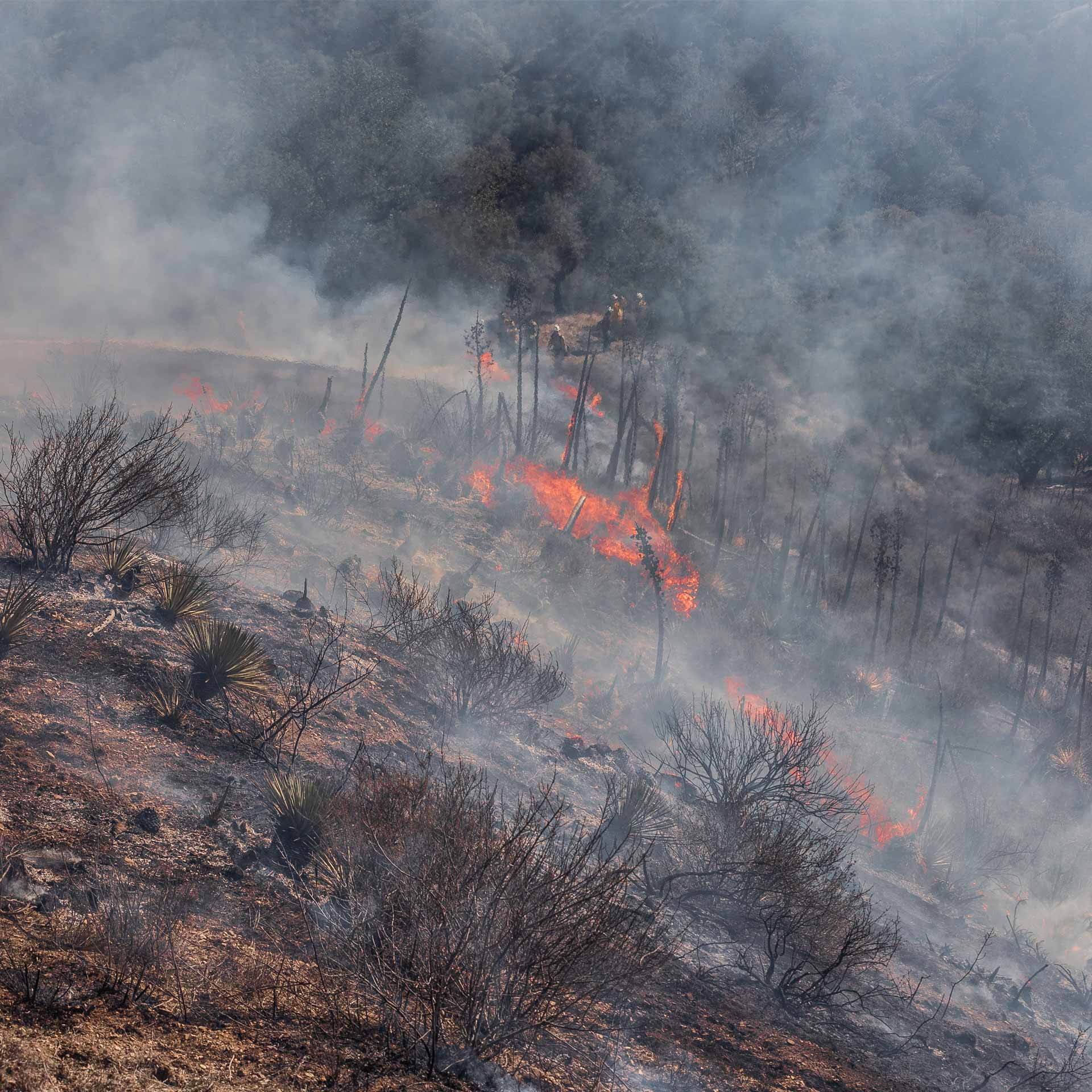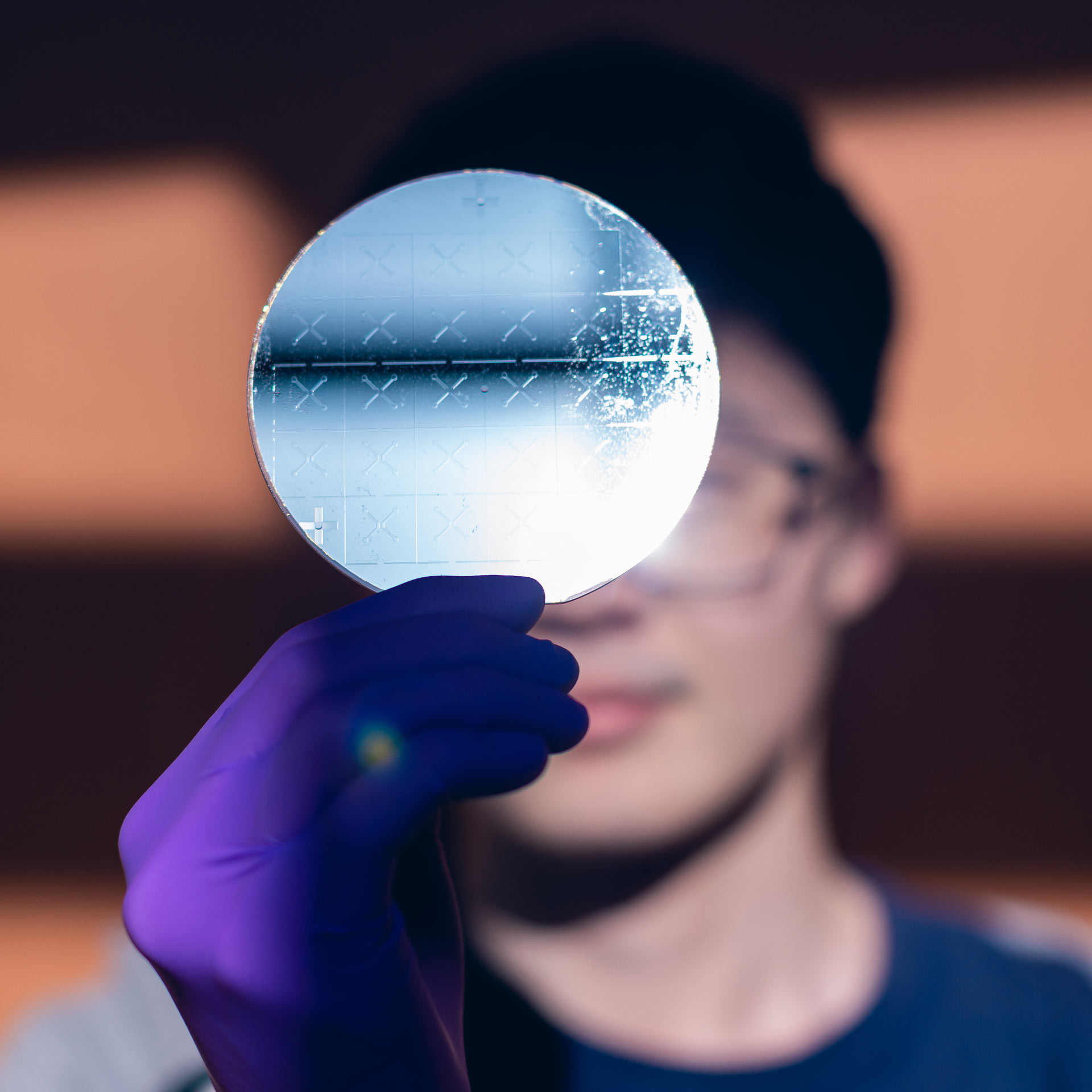Out of the blue one day in the summer of 2019, an email from somebody named Sarah Eisner arrived in Randy Quarterman’s inbox. The subject line read, ‘Descendant of Zeike Quarterman.’
Intrigued, Randy opened the email. Sarah introduced herself as a descendant of George Keller and said she was hoping to connect with the Quarterman family. She asked Randy if he would be willing to speak with her. Curious, he replied.
What happened next was the beginning of Sarah and Randy’s exploration of family histories intertwined by slavery, deep in the American South. Where it would lead, neither one could have imagined.
From Sarah, Randy learned that his great-great-greatgrandparents, Grace and Zeike Quarterman, were enslaved workers on Keller’s plantation in Meinhardt, Georgia. From Randy, Sarah learned that Grace and Zeike’s heirs were embroiled in a drawn-out dispute with the state of Georgia regarding ownership of coastal farmland that Keller had gifted them in 1890.
Sarah offered to help, and Randy accepted. Sarah traveled to Georgia to meet his extended family, to talk about their shared past and how together they would move forward to secure the property that Keller — her great-great-great-grandfather — had given to Grace and Zeike. They soon recognized in the momentum of their new friendship an opportunity to share their healing experiences and to help others.
In 2021, Sarah (Liniger ’93) and Randy established the Quarterman & Keller Foundation and its first initiative, The Reparations Project, a nonprofit centered on repairing generational harm and supporting descendant Black families through education, land preservation and amplifying the work of artists.
They are among a growing number of Black and white families exploring their family histories and opportunities for reparations via social media groups, ancestry sites and genetics testing. It’s a movement that extends well beyond the U.S.
“We are currently witnessing increased interest in reparations in part because of internal political pressure and external examples in other nations,” says Daina Ramey Berry, UC Santa Barbara’s Michael Douglas Dean of Humanities and Fine Arts and a leading expert on slavery. “The idea of redress for human rights atrocities has been a part of world history for a long time. The U.S. provided reparations for some historical injustices, but not for slavery.
“There is also an element of personal connection to the topic,” Berry adds. “As people learn more about their heritage through widely available DNA testing and genealogy, they are often forced to confront truths about the unjust institutions their own relatives participated in. They might ask themselves, ‘What has been done, what can be done, and what should be done?’ It’s a conversation happening all over the world.”
For Sarah, the first step was to send that email. “I was looking to make an apology or reparation with descendants of those my ancestors had enslaved,” she says. “I had no idea what that would look like. I was lucky when I found Randy, and I was lucky that he was receptive.”
For Randy, it was an opportunity to have difficult conversations, and he was open to the healing that it might allow.
“I would challenge any white person who knows their history to share it like Sarah has done,” he says. “And I challenge my own community to hold back their rage and just listen to the individuals acknowledging the past so that we can all move forward.”
Project progression
The Reparations Project rolled out its first educational initiative in 2021 with social justice scholarships for 10 students at Spelman College, Morehouse College and Clark Atlanta University, all of which are located in Georgia and designated as historically Black colleges and universities. In addition, this spring, Sarah and Randy launched the Quarterman & Keller Racial Justice Scholarship at UCSB, Sarah’s alma mater, to support Black studies curricula focused on societal change. Its debut cohort of 14 scholars began during the 2022–23 academic year.
To tackle the challenges faced by Black families to retain and acquire land, the nonprofit also offers grants to help pay property taxes for people of the Gullah Geechee culture that has existed for 400 years along dozens of sea islands and inland waterways from North Carolina to Florida. In partnership with the nonprofit Lowcountry Gullah Foundation, grants are in place to help fend off land loss on Hilton Head Island, South Carolina, and in Chatham County, Georgia. Other related funding has included support for the Gullah Museum of Hilton Head Island and the Black-owned Promised Land Farm.
Their charitable work also aims to amplify Black voices. In 2022, for example, the project purchased bulk orders of “REPARATIONS NOW!,” a collection of poems by the poet laureate of Alabama, Ashley M. Jones. They distributed them to high school students in Silicon Valley, California’s predominantly white hub of big tech, and in the East Bay, where Sarah is from.
At the same time, Sarah and Randy continue to fight for clear ownership of the land George Keller gave to Grace and Zeike Quarterman more than 130 years ago; its title remains clouded because Zeike did not leave a will.
Once that’s sorted out, Randy says, the goal is to build a public educational space, such as a center for financial literacy and a learning hub for parolees transitioning back to everyday society. “This land is what brought Sarah and me together,” Randy says, “and we want to build something to benefit my Black community.”



